
Welcome to MCD Biology
Research with Direct Application to Human Health
Discover a diverse community of passionate biologists and exciting opportunities in the Molecular, Cell, and Developmental Biology Department at UC Santa Cruz
Undergraduate
Programs
MCD Biology Seminars
Invited speakers are widely recognized experts in their respective fields whose research programs have broad appeal to scientists working within and across biological subdisciplines, including thesis defenses, third year talks, and special seminars.
Our seminars (Biol 291 and 292) occur every Monday and Friday of the academic year 12:00-1:05 PM in Natural Sciences Annex 101 (unless otherwise noted).
Want to work with us?
Browse current postdoctoral, specialist, project scientist, and lecturer positions. The department supports a vigorous postdoctoral research community, with fellows advancing to permanent positions in academia, industry, and government.
Inquiries about additional postdoc opportunities should be directed to individual faculty sponsors.
MCD Biology News
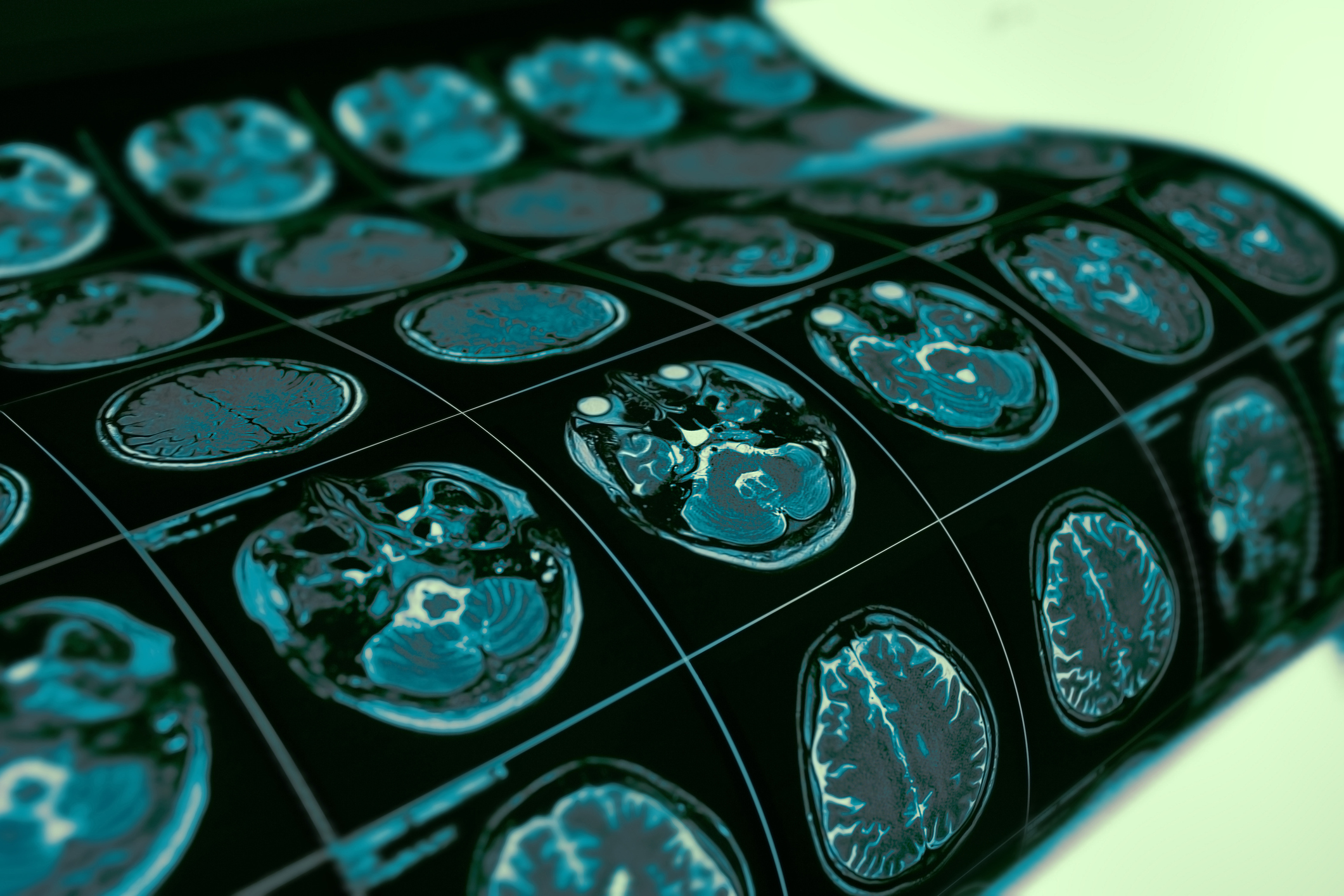
Revealing the secrets of the human brain
UC Santa Cruz research innovations and academic programs advance brain and mental health.
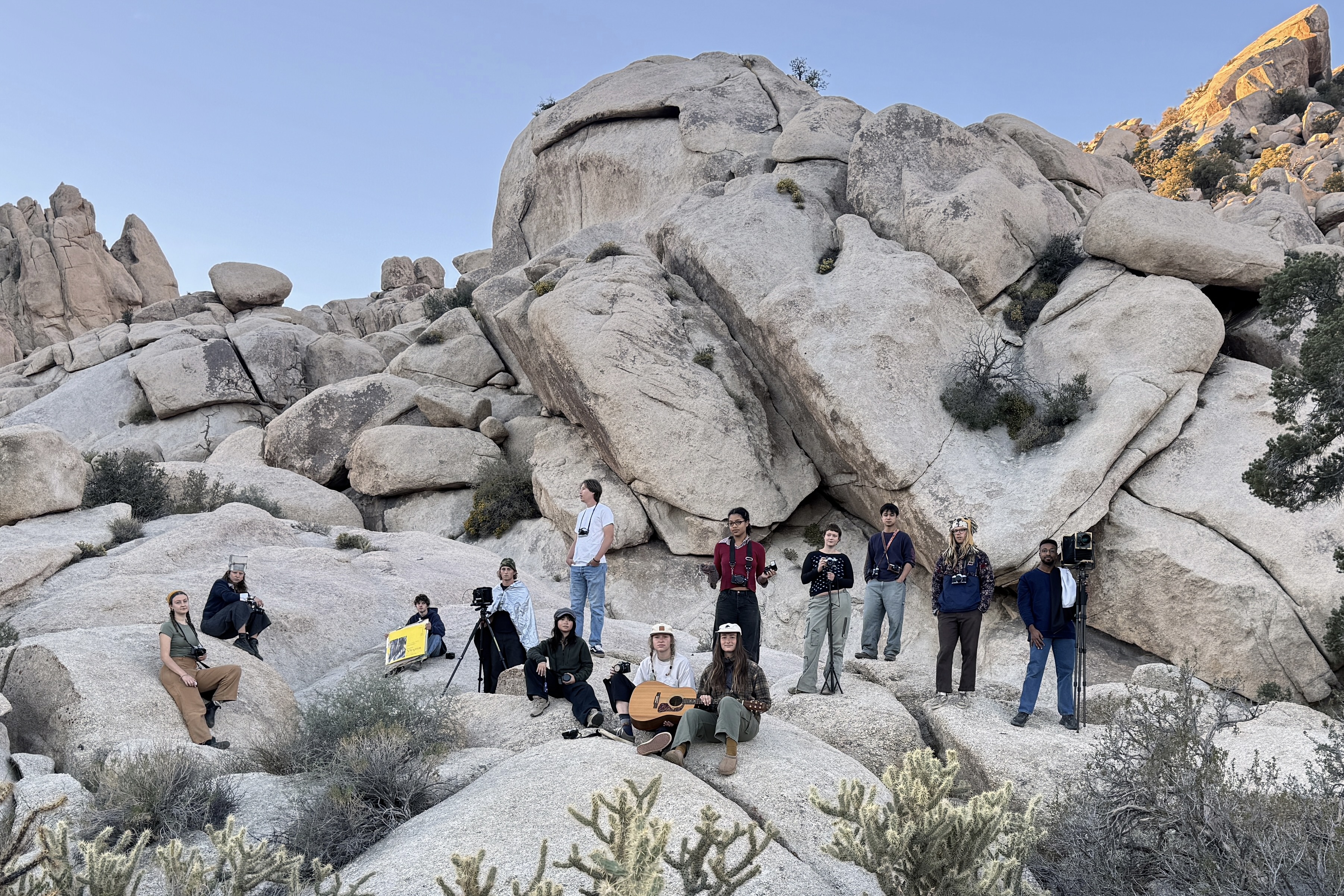
Are you experienced? Students from first year of immersive-learning initiative share stories of profound impact
From aquatic adventures and mountaintop stargazing to lab work aimed at saving lives, students describe how the Degree-Defining Experiences Program fosters unforgettable moments and deepens meaning
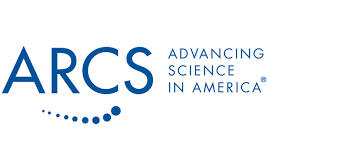
ARCS Foundation scholarships support 14 outstanding graduate students in science and engineering for 2025-26
The scholarships are awarded to students who show exceptional promise of making a significant contribution to the scientific and technological strength of the country.
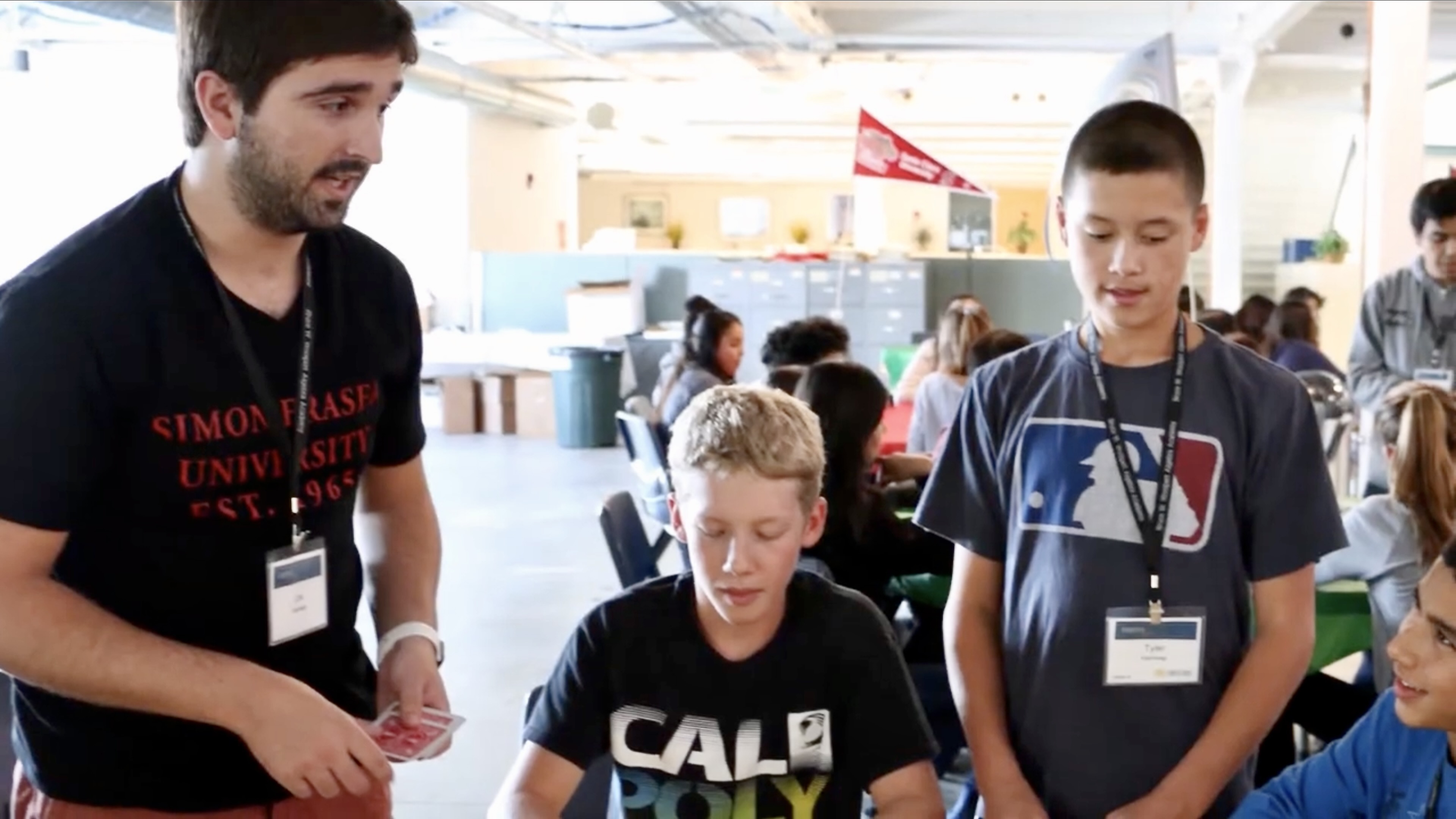
Cal Teach at 20: Striving to continue sending much-needed STEM educators into underserved communities
UC Santa Cruz program marks 20 years of putting service-minded STEM majors on a path to helping public schools students embrace math and science
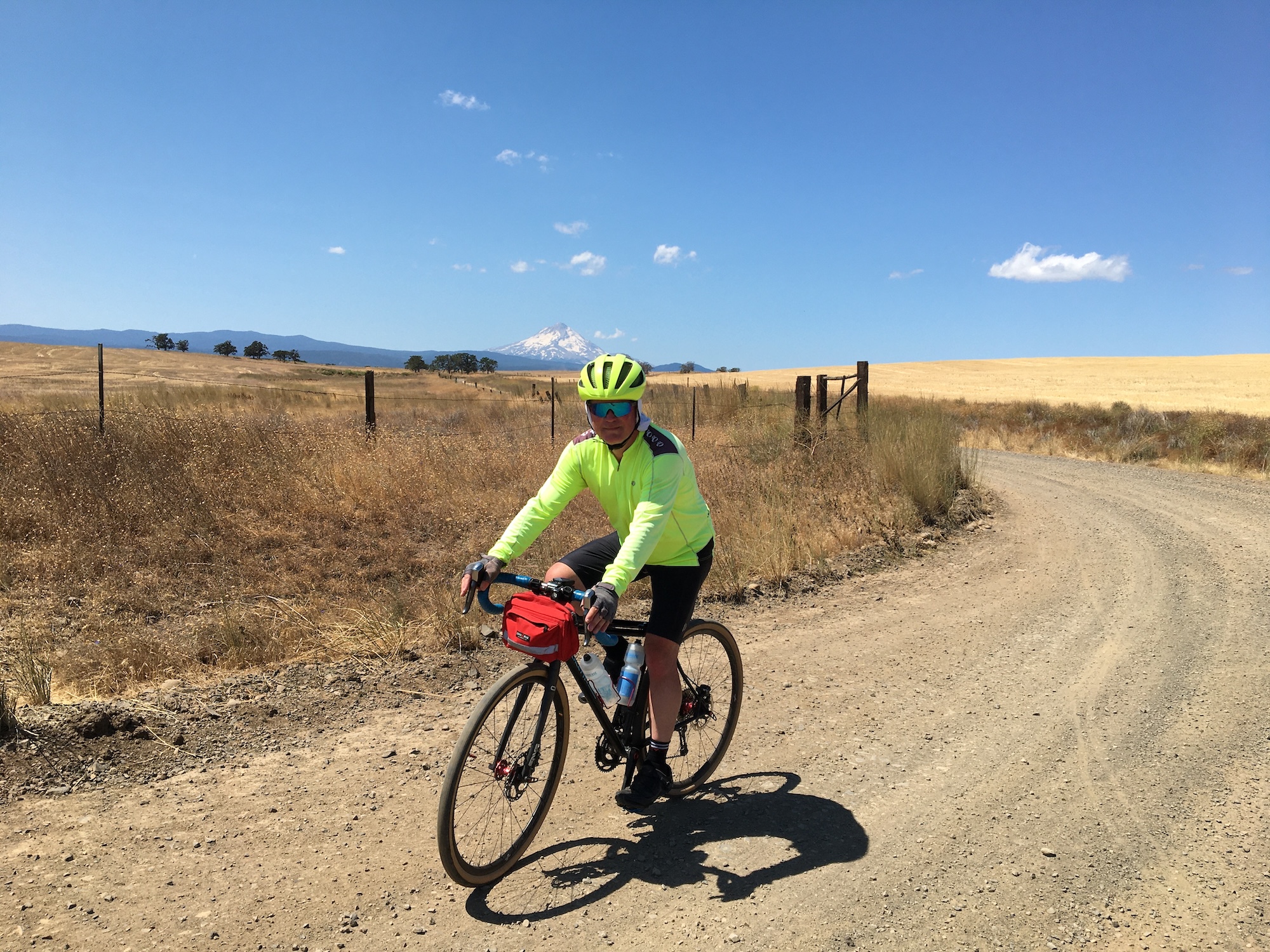
In Memoriam: William Scott
The longtime professor of chemistry and biochemistry is remembered by family, friends, and colleagues for his immense intellect, generosity, and contributions to advance scientific research
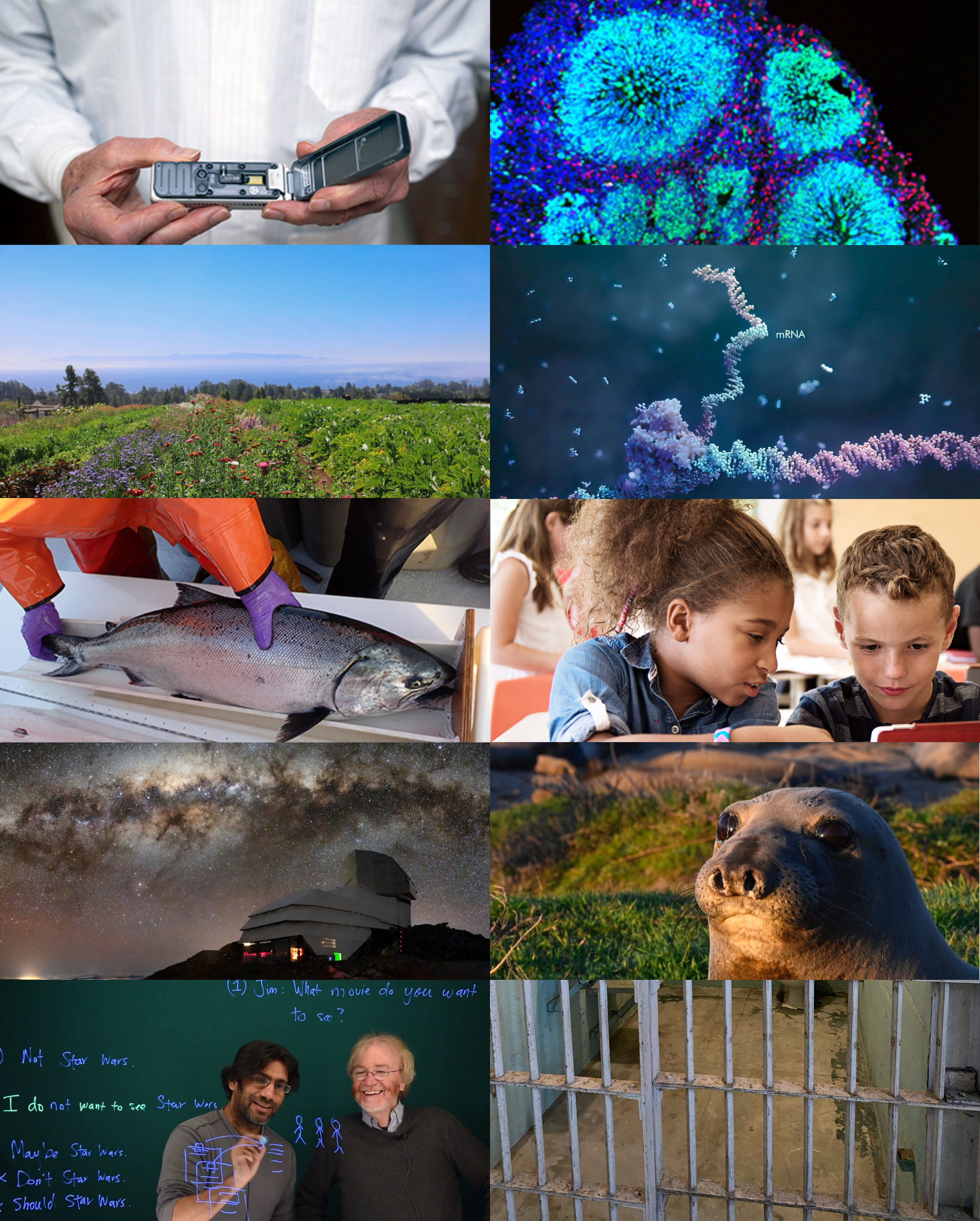
From nanopore sequencing to neutron stars, UC Santa Cruz research advances our understanding, wellbeing
The federal government has been—and must remain—a critical partner in foundational technological innovation and research breakthroughs.

Meet the Faculty
The Department of Molecular, Cell and Developmental Biology has 38 faculty members whose research addresses the question of how information in DNA is packaged, read, and interpreted in living cells, how those cells are built may be regenerated, and how cells work together to comprise an organism.
Research in this area of biology represents the largest and most active scientific enterprise in human history, with hundreds of thousands of researchers engaged around the world, making discoveries with instant application to human health and the environment. Our department is recognized as among the world leaders in this extremely large enterprise.
At Santa Cruz, we collaborate in research and educational programs with our colleagues in the Departments of Chemistry & Biochemistry, Physics, Biomolecular Engineering in the School of Engineering, and Microbiology and Environmental Toxicology.
Prospective Graduates
Our department has a long record of outstanding interdisciplinary graduate training. We have NIH and other training grant support, fellowships and teaching assistant positions. Students are admitted through the Program in Biomedical Sciences and Engineering, a multi-track interdisciplinary admissions program with over 67 participating faculty members and laboratories.
Find out more about our graduate programs below:



We are here to help
Department of Molecular, Cell & Developmental Biology
Staff Directory | (831) 459-4986
Office Hours: Mon-Fri 8:00am – 12:00pm & 1:00pm – 5:00pm
Support Us
Private investment is crucial to advance the science of medicine at UC Santa Cruz. Faculty and students in the Department of Molecular, Cell, and Developmental Biology are exploring the molecular foundations of human disease and translating basic discoveries into medical advances.
Your support can further key areas such as cancer, Alzheimer’s, stem cells, genomics, neuroscience, immunity and inflammation, and neglected tropical diseases.